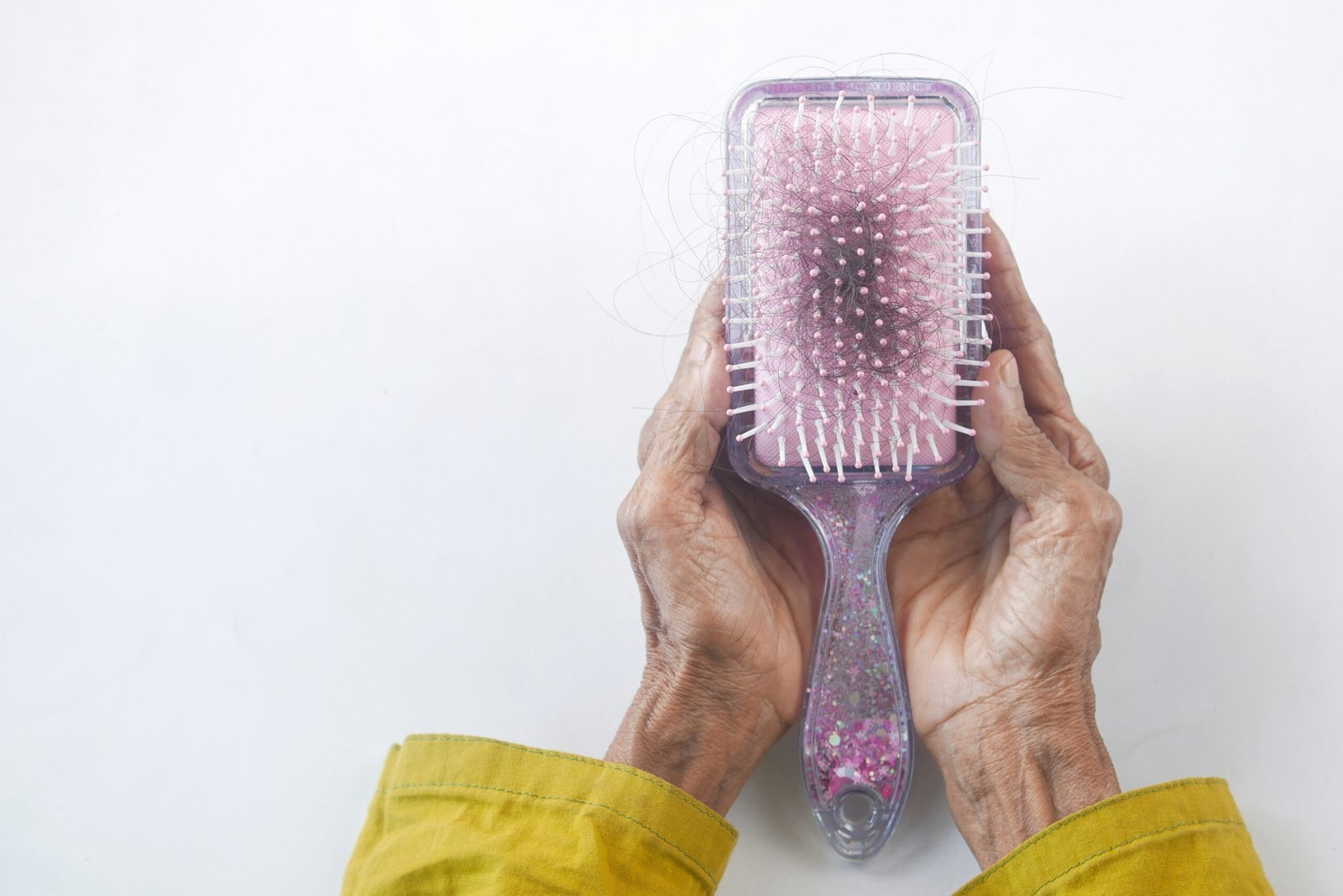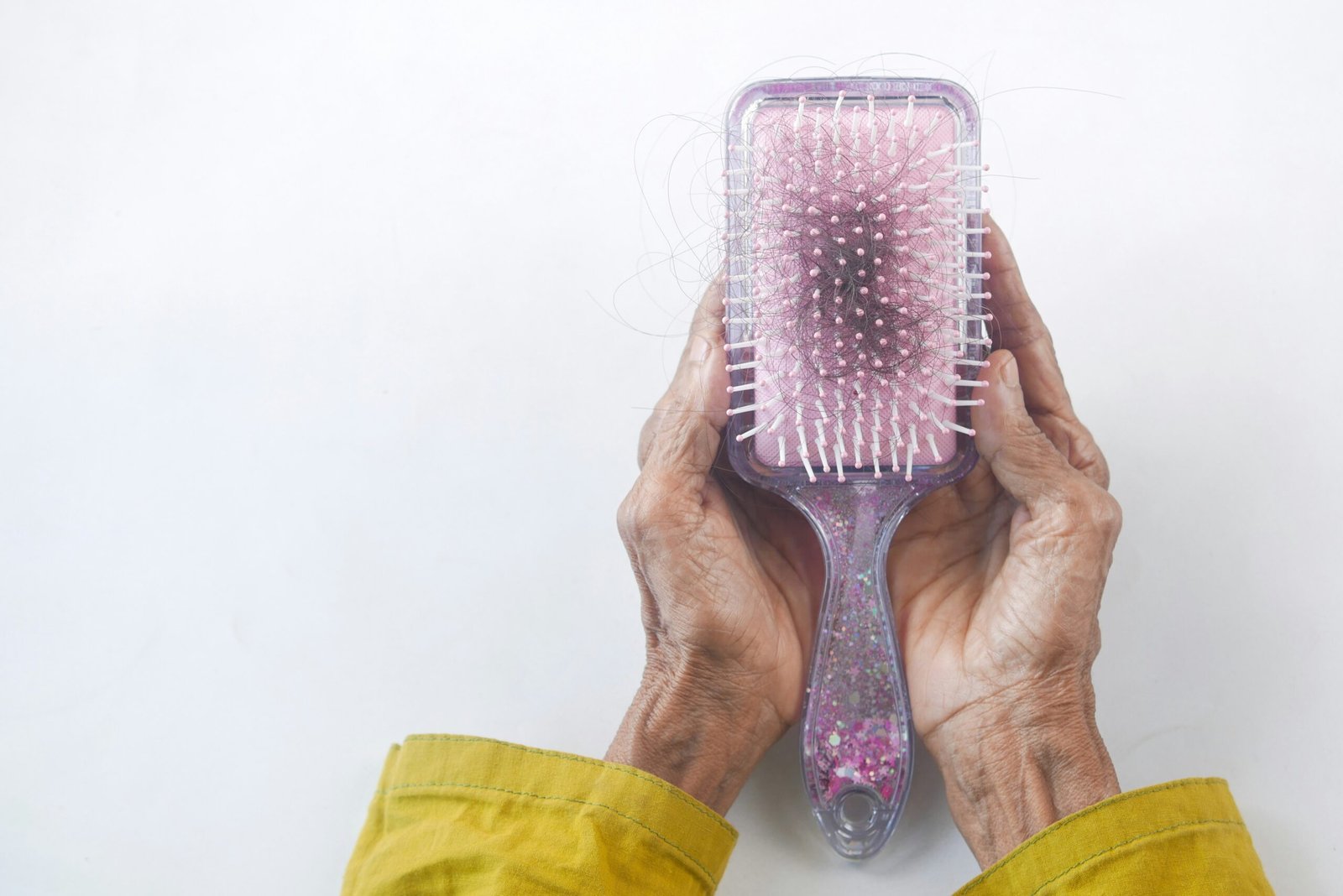
Why Are You Losing Hair at 19?
Losing hair at a young age, such as 19, can be a distressing experience. It is not uncommon for individuals to start balding at an early age, and there are several reasons why this may happen. Understanding the potential causes can help you identify the best course of action to prevent further hair loss. Here are some possible reasons why you might be losing hair at 19:
1. Genetics and Family History
One of the most common causes of hair loss is a genetic predisposition. If your family has a history of early hair loss or male pattern baldness, there is a higher likelihood that you may experience hair loss at a young age. This type of hair loss is known as androgenetic alopecia, and it is caused by a combination of genetic and hormonal factors.
If your father, grandfather, or other close relatives experienced hair loss at an early age, it increases the chances of you inheriting the same genetic trait. In such cases, it may be difficult to completely prevent hair loss, but there are treatments available that can slow down the process and help you maintain the hair you have.
2. Hormonal Imbalances
Hormonal imbalances can also contribute to hair loss. At the age of 19, hormonal changes are common, especially during puberty. These fluctuations in hormone levels can affect the hair growth cycle and lead to excessive shedding.
One hormone that plays a significant role in hair loss is dihydrotestosterone (DHT). DHT is a byproduct of testosterone and can cause hair follicles to shrink, leading to thinner and weaker hair. If you have a higher sensitivity to DHT or an imbalance in your hormone levels, it can accelerate hair loss.
3. Stress and Lifestyle Factors
Stress and certain lifestyle factors can also contribute to hair loss. At the age of 19, you may be experiencing various stressors, such as academic pressure, relationship issues, or career concerns. Chronic stress can disrupt the hair growth cycle and lead to hair loss.
In addition to stress, other lifestyle factors such as poor nutrition, lack of sleep, and smoking can also impact the health of your hair. Nutrient deficiencies, particularly those of vitamins and minerals essential for hair growth, can weaken the hair follicles and lead to hair loss.
How to Prevent Hair Loss
While it may not be possible to completely prevent hair loss, there are several steps you can take to slow down the process and promote healthy hair growth. Here are some tips to help prevent hair loss:
1. Maintain a Healthy Diet
A well-balanced diet plays a crucial role in maintaining the health of your hair. Ensure that you are consuming an adequate amount of protein, vitamins (such as Biotin, Vitamin D, and Vitamin E), and minerals (such as Iron and Zinc). These nutrients are essential for hair growth and can help strengthen your hair follicles.
Incorporate foods like fish, eggs, nuts, leafy greens, and fruits into your diet to ensure you are getting the necessary nutrients for healthy hair.
2. Avoid Harsh Hair Treatments
Avoid subjecting your hair to harsh treatments such as excessive heat styling, chemical treatments, and tight hairstyles. These can damage the hair shaft and weaken the follicles, leading to hair loss. Opt for gentle hair care practices and use products that are suitable for your hair type.
3. Manage Stress
Find effective ways to manage stress as it can contribute to hair loss. Engage in activities that help you relax and reduce stress levels, such as exercise, meditation, or practicing mindfulness. Getting enough sleep and maintaining a healthy work-life balance are also important for managing stress.
4. Consult a Dermatologist
If you are experiencing significant hair loss at 19, it is advisable to consult a dermatologist or a hair specialist. They can evaluate your condition, identify the underlying cause, and recommend appropriate treatments or lifestyle changes.
Depending on the cause of your hair loss, the dermatologist may suggest treatments such as topical medications, oral medications, or procedures like hair transplantation.
Conclusion
Losing hair at 19 can be a challenging experience, but it is important to remember that you are not alone. Many individuals face hair loss at a young age, and understanding the potential causes can help you take proactive steps to prevent further hair loss.
Whether it is due to genetics, hormonal imbalances, or lifestyle factors, there are measures you can take to promote healthy hair growth. By maintaining a healthy diet, avoiding harsh hair treatments, managing stress, and seeking professional advice, you can improve the overall health of your hair and potentially slow down the hair loss process.
Remember, it is always best to consult with a healthcare professional or a dermatologist to determine the underlying cause of your hair loss and develop a personalized plan of action.


